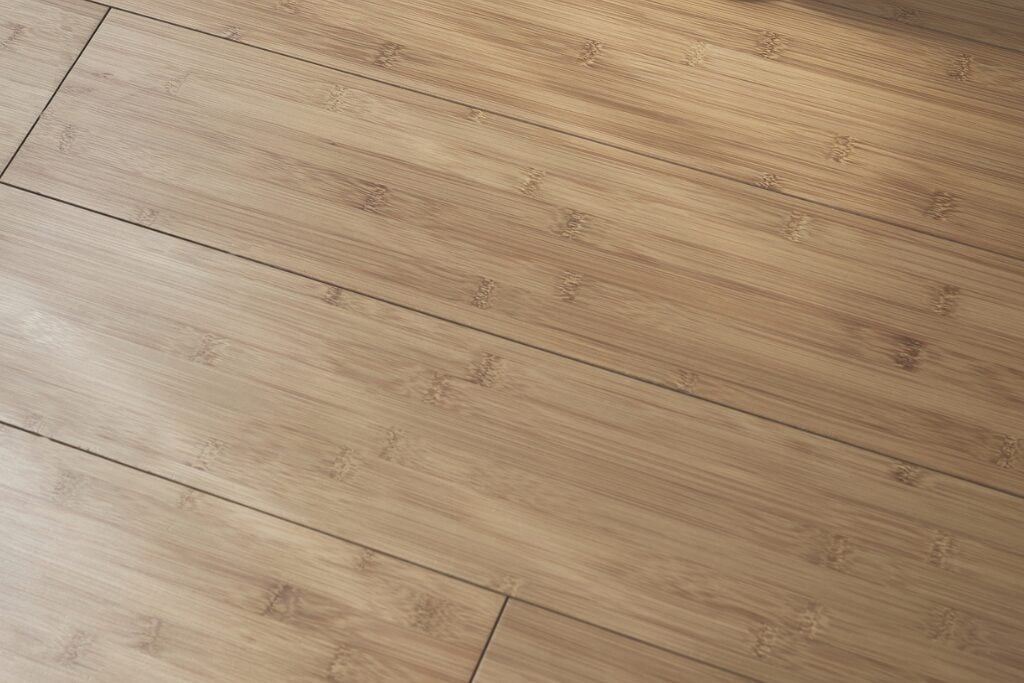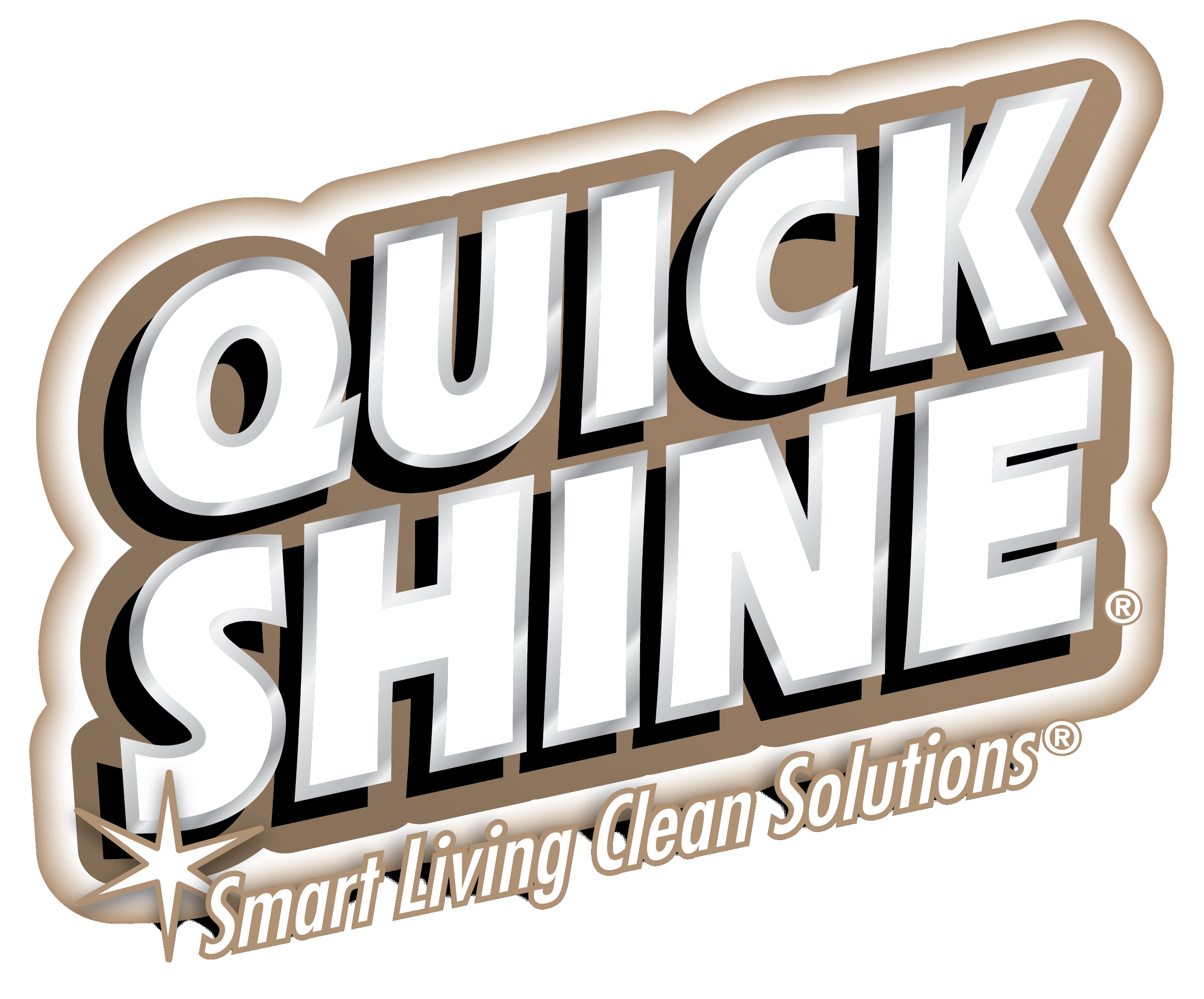How to Clean Bamboo Floors

What Cleaner Can You Use On Bamboo Floors?
When it comes to maintaining the pristine condition of your bamboo flooring, it’s essential to choose a cleaner that is both effective and safe for the material. Not all floor cleaners are suitable for bamboo, and using the wrong one can result in dullness, streaks, or even damage to the unique surfaces of bamboo floors. A Hardwood Floor Cleaner designed for delicate surfaces, including bamboo, is ideal for preserving the natural beauty and longevity of your floors.
Introduction to Suitable Cleaners
To keep your bamboo floors looking their best, it’s crucial to select a cleaner that is specifically designed for this unique type of flooring. The best cleaner for bamboo floors is one that is gentle yet effective at removing dirt and grime without leaving residue. Always look for products that are labeled as safe for bamboo or hardwood flooring. We suggest Quick Shine Hardwood Floor Cleaner, which is Safer Choice certified and safe to use on bamboo floors.
Benefits of pH Neutral Cleaners
Using a pH-neutral bamboo floor cleaner is highly recommended. These cleaners are specially formulated to balance the pH levels, ensuring that they won’t harm your floors’ finish. pH-neutral cleaners effectively clean your bamboo floors without causing any damage or dullness. They are an excellent choice for regular maintenance and offer a safe solution for keeping your floors in top condition.
Natural Cleaning Solutions Like Vinegar
If you prefer a more natural approach, you might wonder how to clean bamboo floors naturally. A popular option is using a mix of water and vinegar. Diluting vinegar with water in a ratio of 1:4 can provide a gentle yet effective cleaning solution. Vinegar is a natural disinfectant and can help remove grime and bacteria. However, it’s essential to use this solution sparingly and ensure it is well diluted to prevent any potential damage to the bamboo.
What Not To Use On Bamboo Floors?
Understanding what not to use on bamboo floors is vital for maintaining their pristine condition and longevity. Bamboo, while durable, can be susceptible to damage from certain chemicals and cleaning practices. Here are some key points to keep in mind:
List of Harmful Cleaning Products
It’s essential to avoid using strong acid or alkaline-based cleaners on bamboo floors. These products can strip away the protective finish and damage the underlying material. Products like bleach, ammonia, and other harsh chemicals should be strictly avoided. Instead, opt for a pH-neutral bamboo floor cleaner, which gently cleans without causing harm, such as Quick Shine Hardwood Floor Cleaner.
Avoid Abrasive Tools and Chemicals
Bamboo floors can easily be scratched by abrasive cleaning tools such as steel wool, scouring pads, and harsh brushes. Always use soft microfiber cloths or mops designed for delicate surfaces. Find out what is the best mop for hardwood floors.
Impact of Harmful Substances on Bamboo
Using inappropriate cleaning agents and tools can lead to unsightly streaks, dullness, and even long-term damage. Maintaining the natural beauty of bamboo floors requires a careful selection of mild, non-abrasive cleaning solutions. Proper cleaning not only helps to preserve the finish but also enhances the floor’s durability and appearance over time. Choosing the right products and techniques ensures your bamboo floors remain vibrant and streak-free.
Can Bamboo Flooring Be Wet Mopped?
While bamboo flooring boasts durability and a beautiful appearance, it’s crucial to understand the proper cleaning techniques to maintain its quality. One common question is whether bamboo flooring can be wet-mopped. Here’s what you need to know.
Risks of Wet Mopping Bamboo Flooring
Using a wet mop on bamboo floors can be risky. Excessive moisture can seep into the seams and cause the bamboo to swell or warp. Over time, this can lead to significant damage, including discoloration and structural issues. Bamboo flooring is slightly more water-resistant than hardwood, but it is not immune to water damage. Therefore, avoiding overly wet cleaning methods is essential to keeping the floors in pristine condition.
Recommended Mopping Techniques
Instead of a traditional wet mop, opt for dry and damp mopping techniques that clean effectively without damaging the floors. When using a damp mop, ensure it is just barely moistened. Wring out any excess water thoroughly before mopping. Microfiber mops are excellent choices, as they can trap dirt efficiently without requiring too much water. Pair this with a pH-neutral bamboo floor cleaner to gently remove grime without harming the finish. We recommend Quick Shine Sustainable Spray Mop paired with Quick Shine Cleaners for a safer cleaning method.
Dry and Damp Mopping Alternatives
For daily maintenance, a dry microfiber mop works wonders in keeping bamboo floors free from dirt and dust. For deeper cleaning, a slightly damp mop is suitable. Just remember, less water is better when it comes to bamboo. If you encounter sticky spots or spills, spot-clean them immediately with a barely damp cloth and a mild, pH-neutral cleaner. Prompt attention to messes will protect your flooring from potential water damage.
To sum up, while it’s generally not recommended to wet mop bamboo flooring, using cautious mopping techniques and suitable products will help you maintain the beauty and longevity of your bamboo floors.
How To Deep Clean And Restore Bamboo Floors?
Bamboo floors are both beautiful and eco-friendly, but they do require a certain level of care to maintain their luster over time. If your bamboo floors are looking dull or dirty, this section will guide you through the steps for deep cleaning and restoring them to their former glory.
Steps for Deep Cleaning Bamboo Floors
Before tackling a deep clean, ensure that you have removed all visible dirt and grime through regular sweeping or vacuuming. Next, follow these detailed steps:
1. Prepare a Cleaning Solution
Choose a pH-neutral cleaner specifically designed for bamboo floors. Avoid using soaps, detergents, or cleaners that are too alkaline or acidic. Mix the cleaner with water according to the manufacturer’s instructions for optimal results.
2. Use a Soft Cloth or Mop
Lightly dampen a microfiber cloth or mop with the cleaning solution. Avoid soaking the cloth or mop to prevent excess moisture from seeping into the bamboo, which can cause damage. Gently mop the floor in the direction of the grain.
3. Dry the Floor Completely
Immediately after mopping, use a dry microfiber cloth to wipe the floors entirely. This step is crucial in preventing water damage and ensuring that no cleaning residue is left behind.
Using Specialized Restoration Products
Over time, bamboo floors may lose their shine and develop small scratches. Specialized bamboo floor restoration products can help.
1. Apply a Bamboo Floor Polish
After a thorough cleaning, apply a high-quality bamboo floor polish such as Quick Shine Hardwood Floor Luster. Follow the product’s guidelines for application, typically involving spreading a thin, even layer over the floor.
Maintenance Tips for Long-Term Care
Maintaining your bamboo floors is key to preserving their beauty over the years. Here are some tips:
1. Regular Cleaning
Regularly sweep or vacuum to keep dirt and debris from scratching the surface. Use a dry mop to remove any dust or particles.
2. Use Furniture Protectors
Place furniture protectors under the legs of your furniture to prevent dents and scratches. Avoid dragging heavy items across the floor.
3. Control Humidity Levels
Bamboo is susceptible to humidity changes. Use a humidifier or dehumidifier to maintain stable indoor humidity levels, preserving the integrity of the bamboo.
By following these steps, you’ll ensure that your bamboo floors remain stunning and durable for years to come. Enhance your home’s appeal with less effort. Infuse your cleaning routine with the power of Quick Shine Smart Living Clean Solutions. Our sustainable, safer, and effective products are exactly what your floors need for a radiant transformation. Shop QuickShine’s line of hardwood cleaners today!
